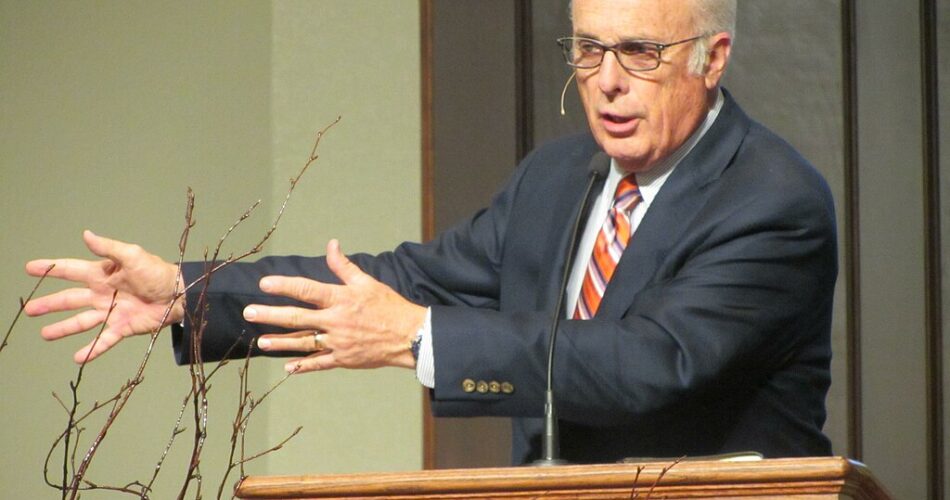He is sparking a huge debate.
Critics have pointed out what they perceive as the Dunning-Kruger Effect in action as Pastor John MacArthur of Grace Community Church in Sun Valley, California, challenges the existence of mental illness. Despite statistics from the U.S. Centers for Disease Control and Prevention indicating that over 20% of U.S. adults and youth have experienced mental health challenges, MacArthur, also the president of The Master’s College and Seminary, labeled mental illnesses as “noble lies” during a recent panel discussion at Grace Church of the Valley.
Drawing from the works of clinical psychologist Bruce E. Levine and psychiatrist Thomas Szasz, MacArthur criticized what he sees as the pharmaceutical industry’s promotion of these “noble lies” to sell medication. He attributed the rise in diagnoses to a cultural shift targeting children, citing influences from various media sources.
MacArthur’s perspective extends to challenging established mental health diagnoses such as PTSD, which he equates to grief rather than a psychiatric disorder. Despite evidence supporting PTSD as a result of traumatic experiences, MacArthur maintains that these conditions are overstated and often lead to overmedication, particularly among children.
In his book “The War on Children: Providing Refuge for Your Children in a Hostile World,” MacArthur addresses these concerns, emphasizing personal responsibility over medical intervention. However, he notes resistance from Christian publishers in spreading his message, which emphasizes parental guidance and discipline as crucial factors in shaping children’s behavior.
MacArthur’s stance reflects a broader debate within both religious and medical communities regarding the nature and treatment of mental illness. While acknowledging the reality of grief and personal responsibility, his dismissal of established psychiatric diagnoses and treatments raises questions about the intersection of faith, science, and mental health care.
